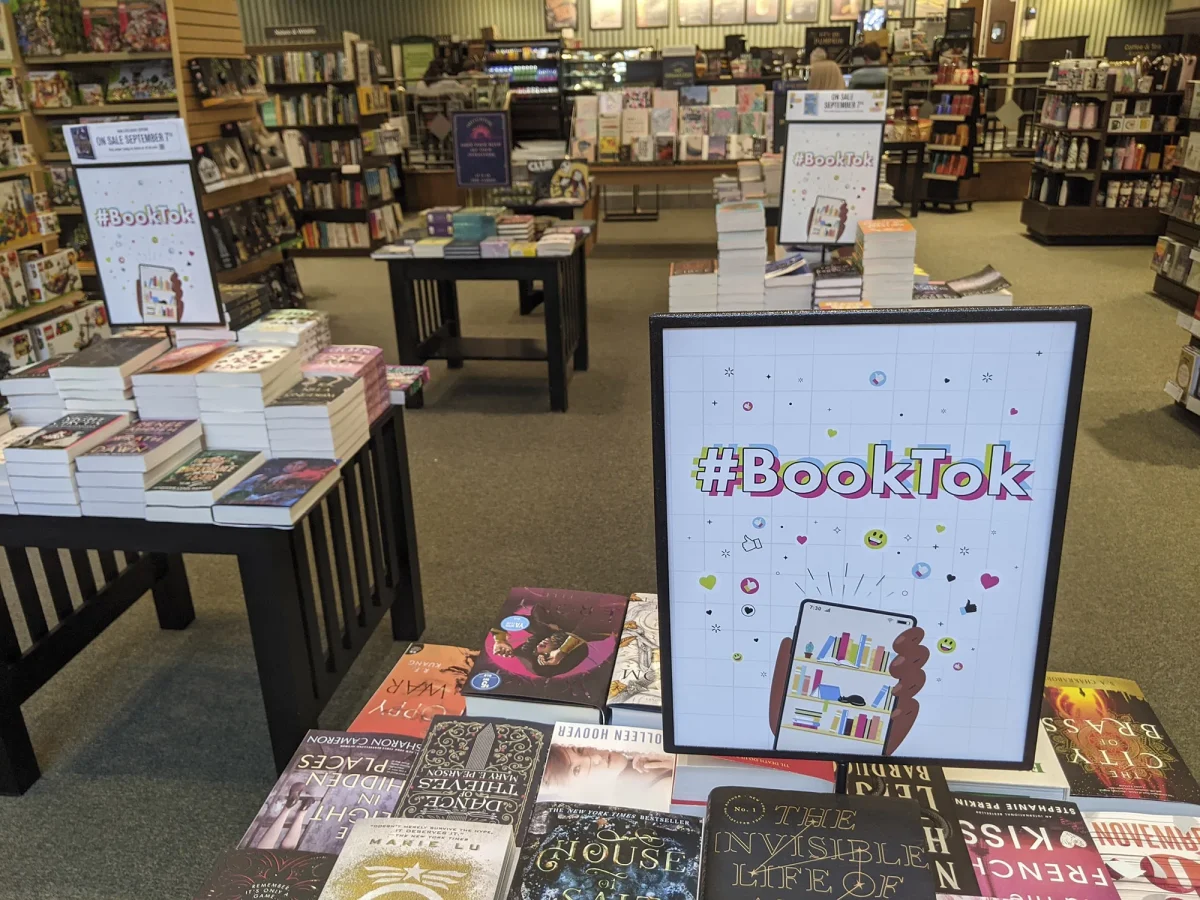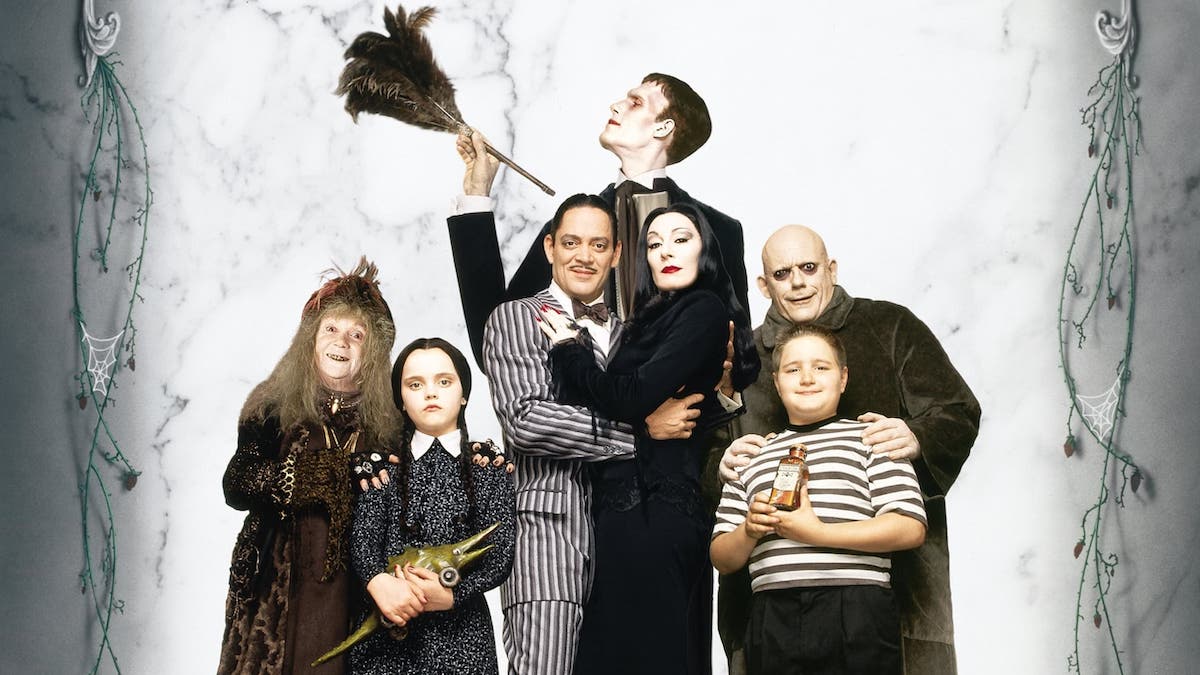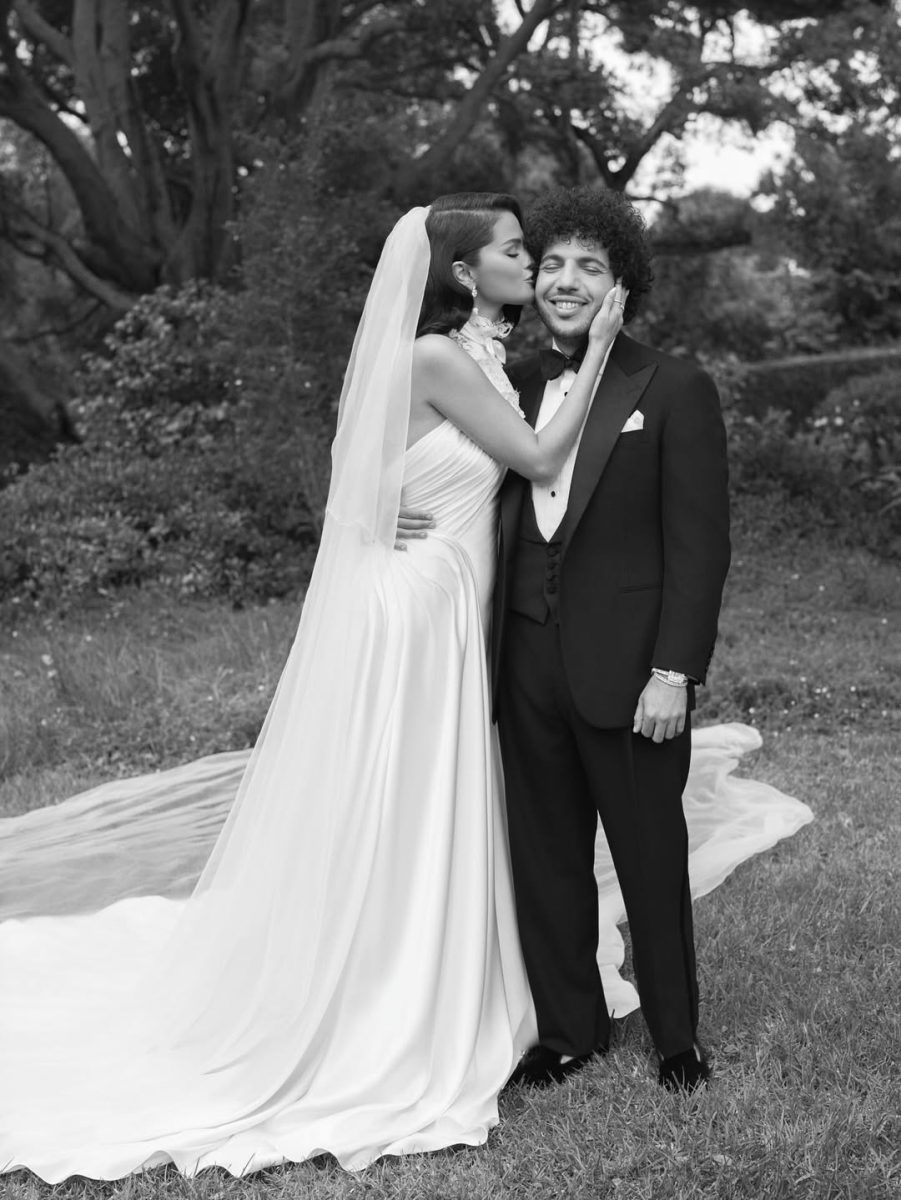All it takes to catapult a book to bestseller status these days is a shoutout from a popular BookToker.
For those unfamiliar, BookTok is the sub-community on the social media platform TikTok dedicated to book reviews and recommendations. The hashtag #BookTok has accumulated billions of views and shows no sign of slowing down.
More than just a trend, BookTok is a driving force in the publishing world capable of catapulting a novel from obscurity to bestselling status.
One recent example of the phenomenon is Rebecca Yarros’s “Fourth Wing,” a romantic fantasy that exploded on BookTok. Soon afterward, the novel topped both the Amazon and the New York Times bestseller lists.
While some find the book entertaining, it follows over-written genre tropes such as dragon riders, magical academies and brooding male leads. “Fourth Wing” is the kind of escapist fantasy that might have been lost among countless similar titles if not for BookTok’s spotlight.
BookTok does not just promote new releases but also revives older titles. In the first three years after release, Colleen Hoover’s “It Ends With Us” sold a respectable one million copies. After going viral on BookTok, sales rocketed and the book became the best-selling novel of 2023.
As BookTok grows, its influencers are increasingly courted by publishing companies, receiving book previews, sponsorships and promotional materials. Bookstores and libraries use BookTok to their advantage, with popular BookTok selections front and center for the readers. It is a good model, as readers often trust BookTokers more than traditional critics.
The novels promoted on BookTok reflect a mostly female viewership, featuring female leads, morally grey romantic interests and emotionally intense plots. Familiar romance tropes, such as enemies to lovers, fated mates or forbidden romance occur frequently. While these storylines are recognizable, the plots are undeniably formulaic.
Female leads are marketed as strong and independent, yet much of the plot revolves around their obsession with the love interest. Meanwhile male protagonists labeled as protective engage in toxic behavior reminiscent of Edward Cullen, blurring the line between passion and control.
Underdeveloped main characters offer a place for readers to insert themselves into the story. It is a familiar model that “Twilight” built an empire on but BookTok amplified.
In some ways, BookTok democratized book discovery. Previously, independently published novels struggled to find success. Now with the help of a popular BookToker, these novels can reach a wider audience creating room for new and unexpected voices.
While BookTokers decide which books rise to the top, their choices are based on emotional impact and personal taste rather than literary merit. As a result, authors write to the algorithm, tailoring their stories to BookTok trends in order to find success. Creativity and originality takes a backseat to chasing viral success.
BookTok is not inherently bad for literature. It has introduced millions of people to the joys of reading and created an online community for book lovers.
As its influence grows, so does the danger of homogenized content and emotionally manipulative marketing. BookTok promotes a literary diet the equivalent of junk food. It is enjoyable, easily consumed and temporarily satisfying. It may feel good at the moment, but it offers little in the way of lasting impact or meaningful growth.













